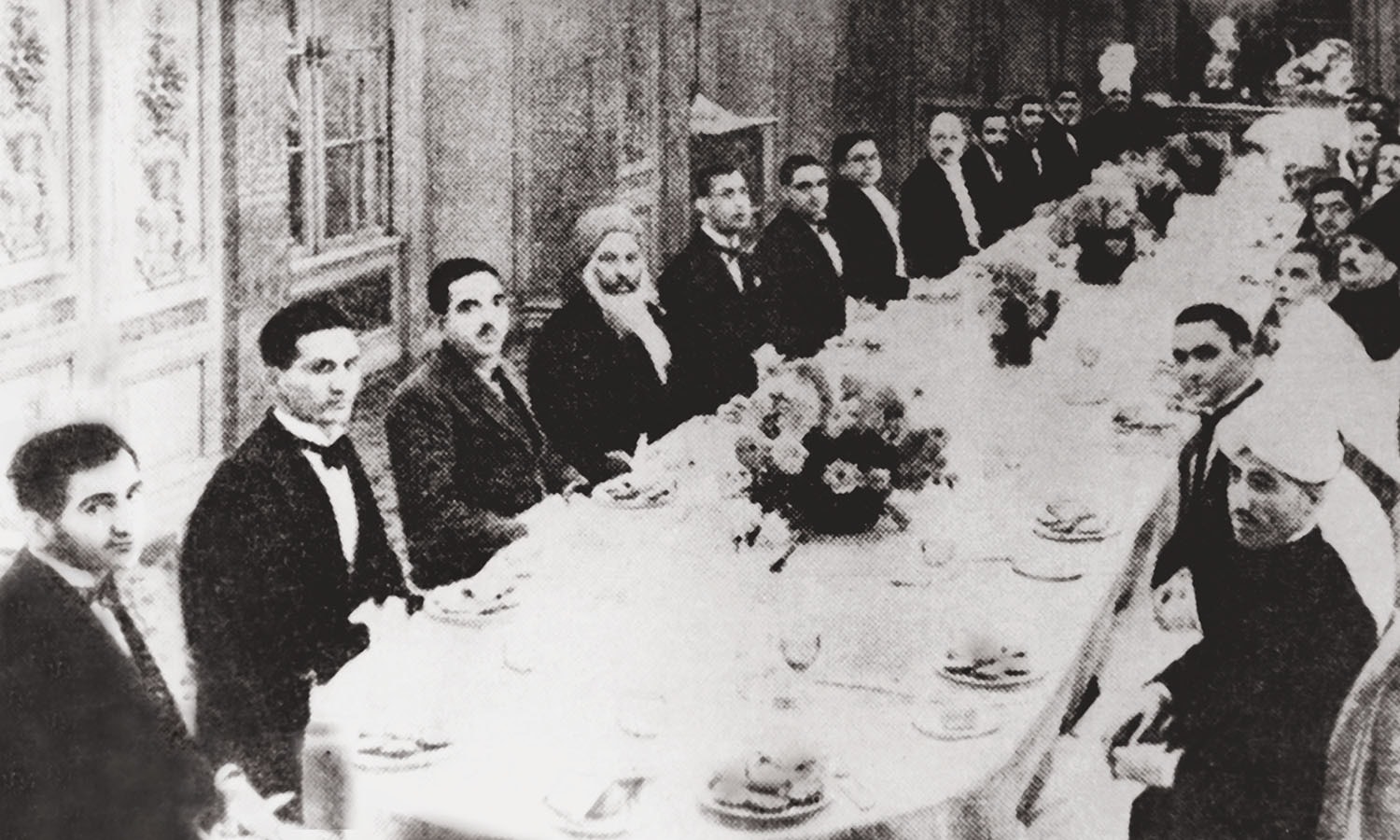
Much like the way a British individual, when forced to choose between Shakespeare and Great Britain, opted for the former, Jinnah drew a parallel and unequivocally declared that if faced with a similar choice, he would undeniably choose Iqbal – As we tread the corridors of history, the juxtaposition of Iqbal alongside luminaries like Goethe, Nietzsche, and Tolstoy becomes a captivating tableau. Iqbal, held in reverence by his countrymen and admired by those yearning for inspiration, emerges as a beacon of the East, casting a radiant light that transcends geographical confines.
On this annual celebration of Iqbal Day, it is crucial to reflect not just on the poet-philosopher’s life but on the profound vision he laid out for our civilization. Allama Iqbal, a beacon of modernist Islamic thought in the 20th century, advocated for a holistic understanding of knowledge that transcends traditional boundaries. As we honor his legacy, it is imperative to delve into Iqbal’s call for integrated knowledge—a message that resonates deeply in today’s rapidly evolving world.
Iqbal’s vision extended beyond the confines of mere religion, emphasizing Islam as a philosophical ethos and a way of life. He urged individuals to engage with the world intellectually and spiritually, seeking a balance between faith and reason. His concept of “khudi” encouraged self-building and introspection, underlining the importance of prayer, particularly Salah, in the development of the individual ego.
Crucially, Iqbal’s plea for the revival of ijtehad—a constant evolution of Islamic thought—reminds us that stagnation leads to regression. He criticized narrow dogmas and mystic trends, advocating for a dynamic worldview that embraces change and action in alignment with core Islamic principles.
Iqbal’s rejection of deterministic trends in Islam and his call for Muslims to fully immerse themselves in modernity underscore the importance of adapting to the challenges of the time. While critical of Western civilization’s moral decline, he praised its scientific advancements, urging Muslims to combine their lofty imagination with the practical institutions that drive progress.
As we launch our platform on this significant day, we draw inspiration from Iqbal’s vision that goes beyond a superficial celebration. It calls for a deep understanding of the intricate relationship between God, science, spirit, and matter—a relationship that forms the essence of our civilization. Our platform aims to embody this integration, providing a space for diverse perspectives and disciplines to converge.
In the spirit of Iqbal’s teachings, let our platform serve as a space for integrated knowledge, where diverse perspectives converge to shape a better future. Iqbal’s emphasis on the collective, represented by the concept of “Ummah,” inspires us to build a community that transcends boundaries, fostering equality and unity.
Just as Iqbal envisioned a multi-national neo-Pan-Islamism, our platform seeks to unite individuals from various backgrounds, working together towards a shared goal. Iqbal’s foresight in proposing the Two-Nation concept reminds us that recognizing our differences can lead to cooperation based on shared interests.
Notably, Iqbal’s call for a separate Muslim state, as later realized in the form of Pakistan, was not merely a political maneuver but a pragmatic step to empower Indian Muslims. His vision of a cognizable center, a regional nationalism working towards the ideal united Islamic state, serves as a blueprint for cooperative and inclusive governance.
We must recognize Iqbal not just as a poet but as a guide for our civilization. His rejection of divisive nationalism in favor of religio-political solidarity speaks to the current global challenges. Our platform, influenced by Iqbal’s vision, aims to foster collaboration and understanding, transcending artificial boundaries.
In commemorating Iqbal Day, let us not just celebrate the man but embrace the transformative vision he bestowed upon us. Through integrated knowledge and empowerment, we can pave the way for a civilization that reflects the ideals of our great leader and founding father.
Let this be a call to action, urging us to internalize Iqbal’s teachings and contribute to the realization of his vision. As we embark on this journey, may our platform stand as a testament to the integrated knowledge Iqbal championed—an homage to our great leader and founding father.
Happy Iqbal Day!


















Leave a Reply